MERS Research Team
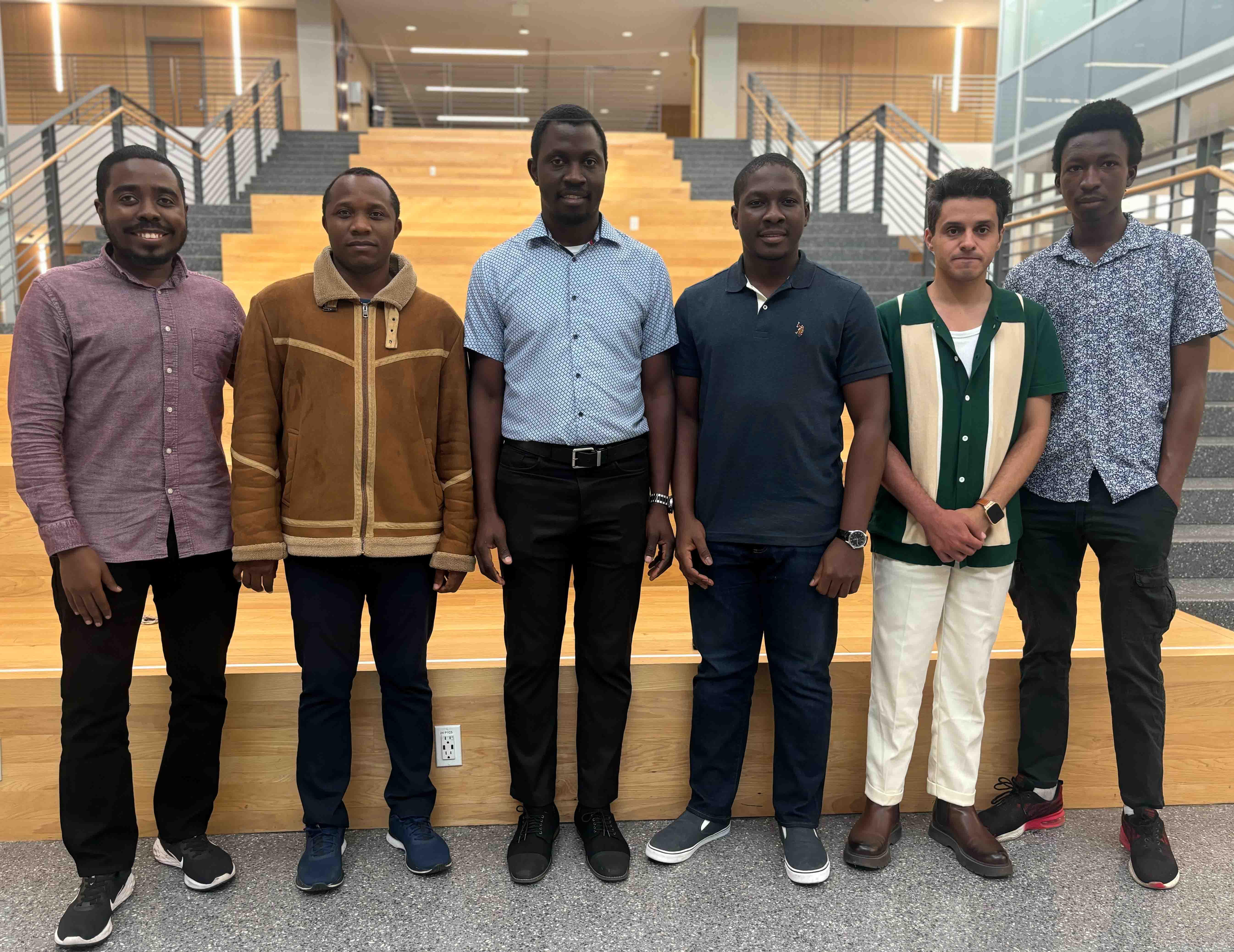
From left to right: Ahmed Abdullah, Temitayo Adeyemi, Femi Olorode, Chibuzor Igweonu, Sid Ahmed Hammoudi, and Gideon Hikah-Benson.
Principal Investigator
Olufemi Olorode
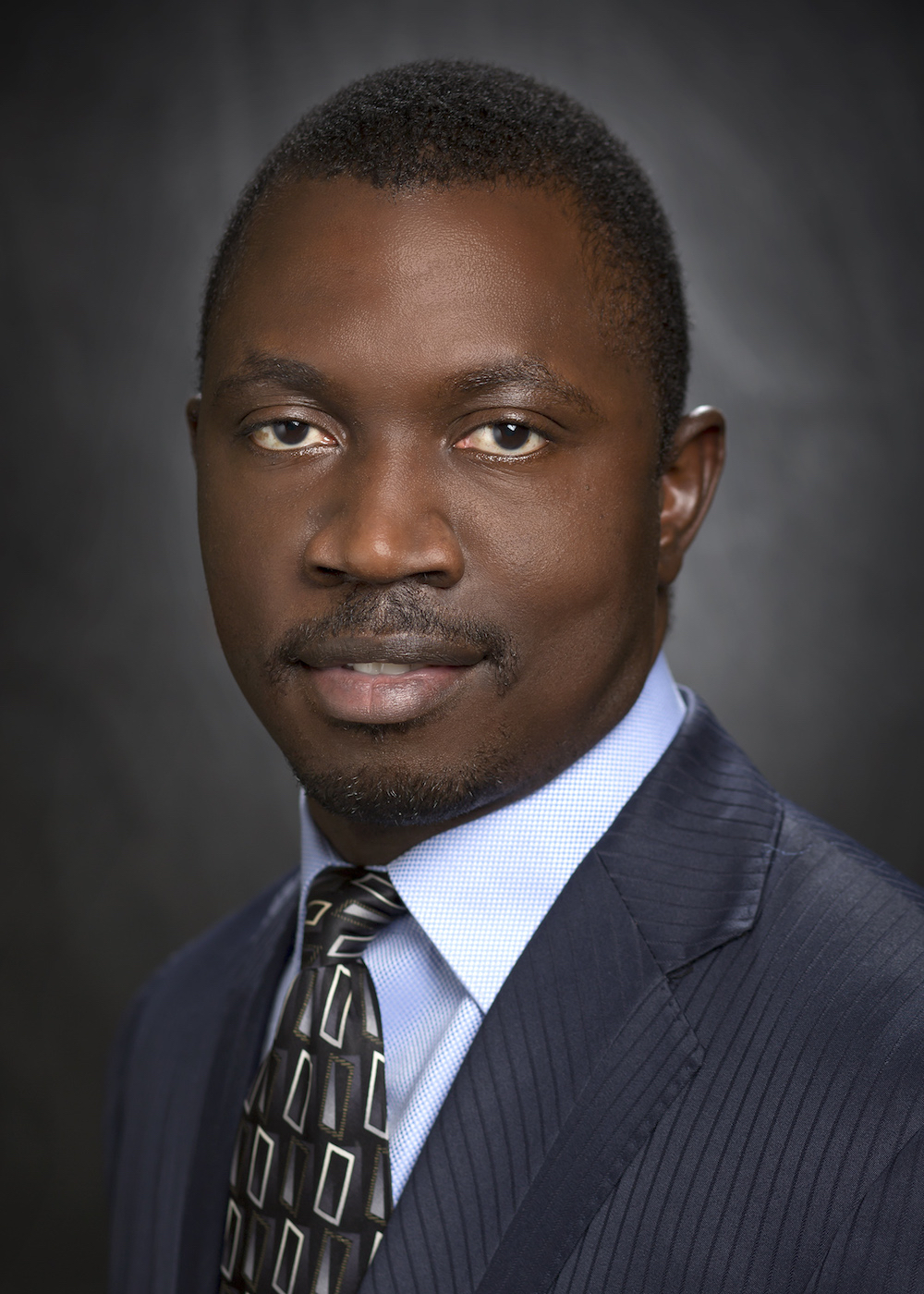
Dr. Olufemi Olorode is an Assistant Professor in the Craft & Hawkins Department of Petroleum Engineering at Louisiana State University (LSU). He has four years of experience in the oil and gas industry as a reservoir engineer at Afren Resources and has been in LSU since 2018. He specializes in unconventional resource modeling, fracture modeling, machine learning, and production forecasting for conventional and unconventional resources. He has authored several publications in the area of numerical modeling of unconventional oil and gasreservoirs. Dr. Olorode received the SPE Journal Outstanding Technical Editor Award in 2018 and serves as a technical reviewer for several journals, including SPE J, JPSE, Energy & Fuels, IEEE TRGS, Energies, etc. He holds MS and PhD degrees in Petroleum Engineering from Texas A&M University and a BS degree in Petroleum Engineering from the University of Ibadan, Nigeria.
Google Scholar: Olufemi Olorode
Current PhD Students
Temitayo Adeyemi
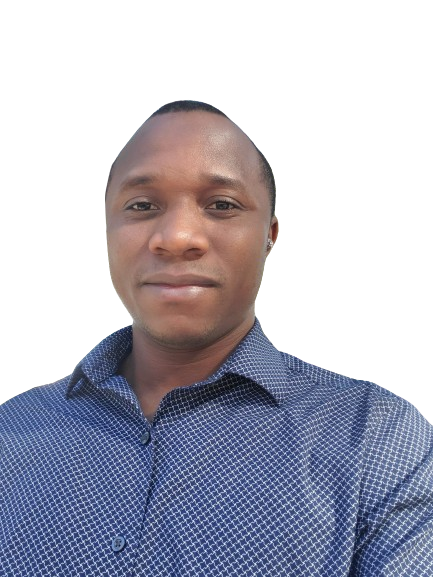 |
Temitayo Adeyemi is a first-year Ph.D. student in the MERS research group. He holds a Bachelor of Science degree from the University of Ibadan, Nigeria and a Master’s degree from Louisiana State University, both in Petroleum Engineering. Prior to joining the MERS research group, he spent 2 years working on reservoir surveillance and hydrocarbon production optimization using Distributed Fiber-Optic Sensors (DAS, DSS, and DTS). Via Molecular Dynamics Simulation, he currently investigates the underlying physics and chemistry associated with gas hydrates formation and dissociation. Temitayo has authored and co-authored numerous publications in reputable journals such as SPE Journal, IJMFL, and SPIE. |
Sid Ahmed Hammoudi
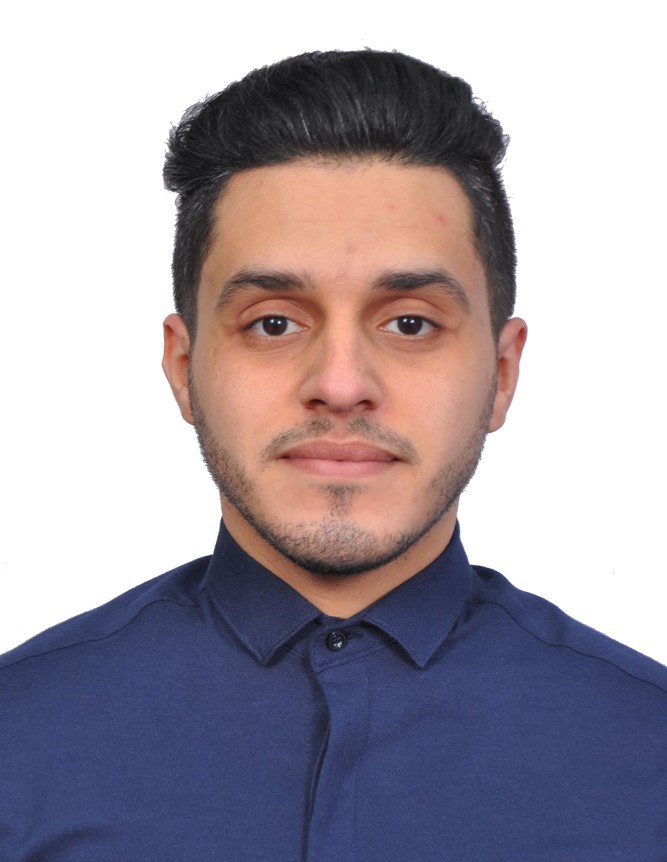 |
Sid Ahmed Hammoudi is a first-year Ph.D. student in the MERS research group. He has a background in chemistry and chemical engineering, with a bachelor's degree in Process Engineering, as well as two master's degrees; one in chemical engineering from the University of Sciences and Technology, Houari Boumediene and the other in Applied Chemistry & Chemical Engineering from Kogakuin University, Japan. He also has work experience in drilling, Quality control, and market research in addition to research experience in drilling fluids, equilibrium and non-equilibrium Molecular dynamics applied for next-generation batteries. Currently, Sid Ahmed is working on applying a deep learning framework to accelerate coarse-grained MD simulation of CO2 hydrates. |
Current MS Students
Chibuzor Igweonu
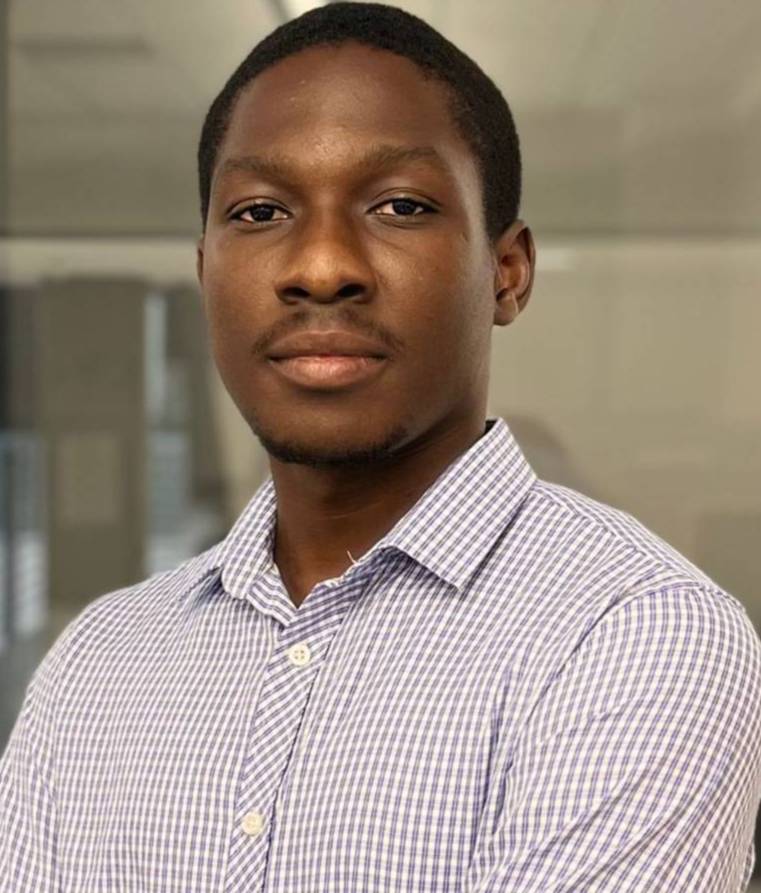 |
Chibuzor Success Igweonu holds a B.Eng. degree in Petroleum Engineering from the Federal University of Petroleum Resources (FUPRE), Delta, Nigeria. His current research focuses on geologic energy storage and recovery techniques and the innovative use of Microbially Induced Calcite Precipitation (MICP) as a method to prevent CO2 and H2 leakage in underground reservoir rocks. He is well vast in Machine Learning/Deep Learning and in the use of reservoir modeling tools, such as CMG, MRST, etc. Before joining LSU, Chibuzor worked as an associate in financial Advisory at Deloitte, Lagos, Nigeria, where he played a pivotal role in securing significant funding for multiple high-profile projects. Before that, he worked for about 3 years as a Well Cementing Engineer at Sterling Oil Exploration and Energy Production Company Limited in Nigeria, which further solidified his practical expertise in the petroleum industry, supervising cementing operations and designing well-cementing job programs. |
Victory Oghale

Victory Oghale is a first-year master’s student in the MERS research group with a strong focus on integrating advanced computational techniques into reservoir simulations. His research involves incorporating physics constraints into deep learning models to drive innovation in the field. Victory holds a bachelor’s degree in Petroleum Engineering from the University of Port Harcourt, Nigeria. He brings valuable industry experience, having served as a Business Manager at Pinnacle M&B Limited, an oil and gas servicing firm, where he played a pivotal role in contract procurement and management. He also worked as a Product Manager at Mags Engineering, where he led the development and launch of the company’s first official website. Victory is highly proficient in the use of reservoir simulators, particularly CMG, and is passionate about applying emerging technologies to solve complex engineering challenges.
Current Undergraduate Students
Gideon Hikah-Benson
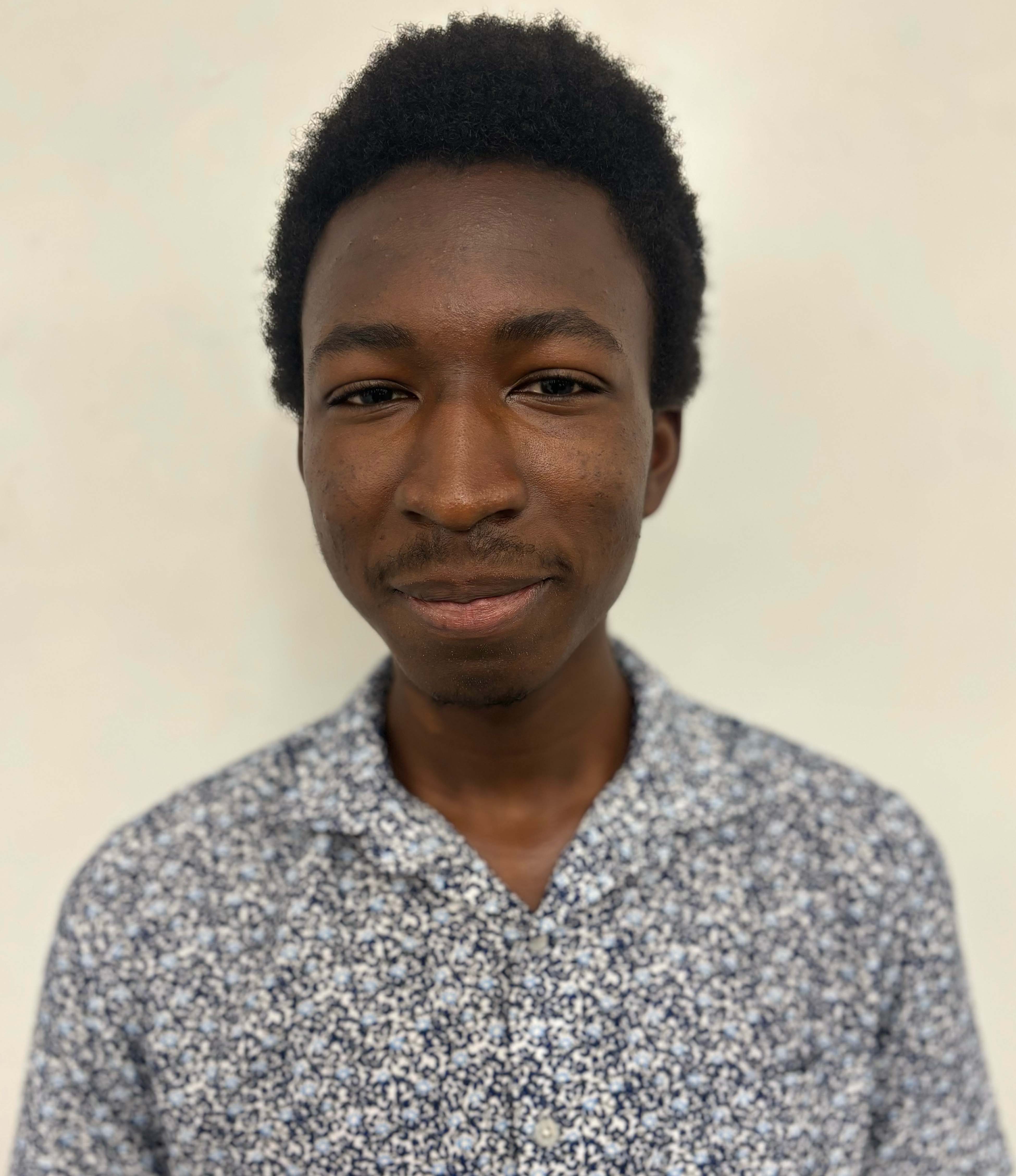 |
Gideon Hikah-Benson is an undergraduate student of chemical engineering, who works as a student worker in the MERS group. He joined the MERS group in 2023 and has acquired and demonstrated expertise in the post-processing and visualization of our atomistic and coarse-grained molecular dynamics simulation results. As an advanced Meta Quest user, he fits naturally into our VR visualization efforts. |
Previous Students
Meisam Adibifard
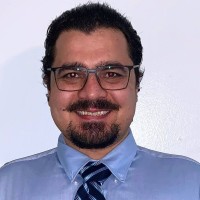 |
Meisam Adibifard was a Ph.D. student in the MERS research group. He conducted research and published journals focussing on molecular studies of gas hydrate formation and dissociation. He holds a Bachelor of Science degree in Petroleum Engineering, as well as two Master's degrees, one in Hydrocarbon Reservoirs from Sahand University of Technology and the other in Chemical Engineering from Mississippi State University. He has a track record of publications in various areas, including machine learning applications in reservoir characterization, computational fluid dynamics, and analytical modeling of fluid flow in porous media. Meisam graduated from the MERS group in December, 2024 and currently works as a post-doctoral researcher. Personal Webpage: Meisam Adibifard |
Harun Rashid
 |
Harun Ur Rashid was a Ph.D. student in the MERS research group. He conducted research and published journals focusing on the numerical modeling of fractured reservoirs, such as unconventional oil and gas, geothermal, and underground CO2 storage reservoirs. He holds a master's degree in mining engineering from the University of Nevada, Reno, and a bachelor's degree in petroleum and mining engineering from Chittagong University of Engineering and Technology, Bangladesh. He actively contributes to the scientific community by providing peer review services for esteemed journals like Energies and the Journal of Computational Physics. Harun graduated from the MERS group in May, 2024 and currently works as a postdoctoral researcher in the Los Alamos National Lab. Personal Webpage: Harun Rashid |
|
Ahmed Abdullah
 |
Ahmed Abdullah was an MS student of the MERS Group. His research focused on incorporating physics constraints into spatiotemporal deep learning models. He also conducted some research on coupled thermo-hydro-mechanical (THM) modeling. He holds a bachelor's degree in Petroleum Engineering from Universiti Teknologi PETRONAS, Malaysia. He is now a petroleum engineer at Oxy, Houston. Google Scholar: Ahmed Abdullah |
Hassan Amer

Thelma Ihunde
